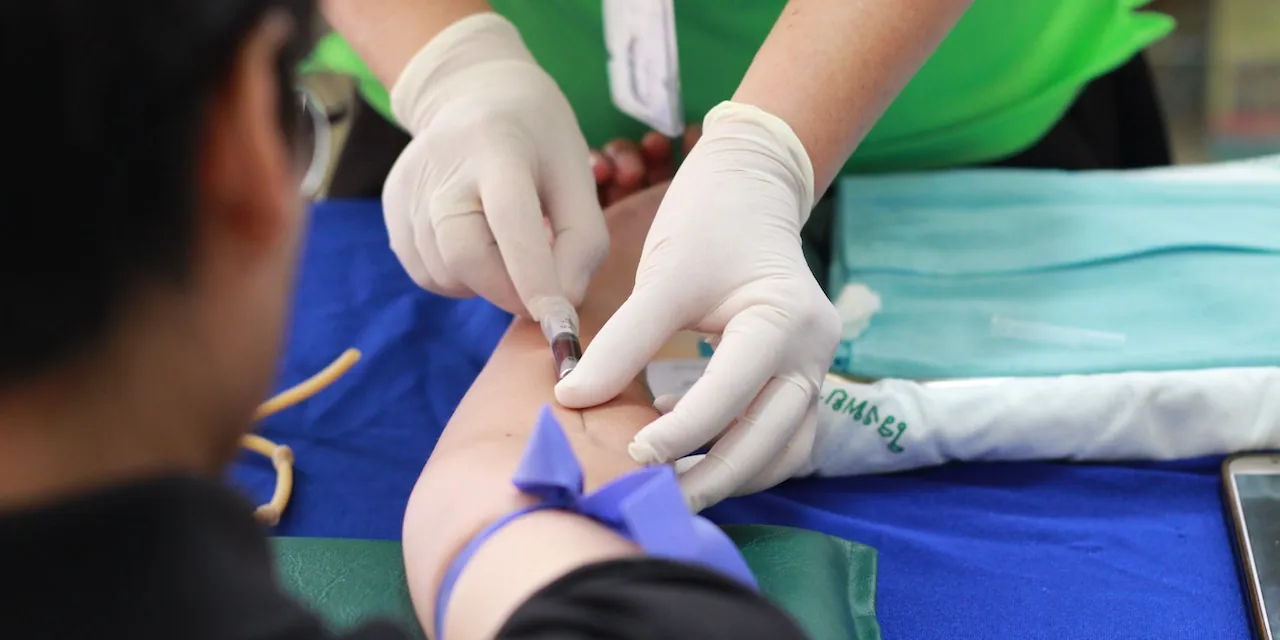
Public consultation of experts to join the Guideline Development Group (GDG) for Defeating Meningitis by 2030 Roadmap: Meningitis diagnosis, treatment and care guidelines
Despite successful efforts to control meningitis in several regions of the world, it continues to be a significant public health issue, killing 250,000 people annually and leaving one in five affected individuals with long-term devastating sequelae. These enduring after-effects include seizures, hearing and vision loss, cognitive impairment, neuromotor disability, memory and behaviour changes and possibly limb amputations following meningococcal sepsis.
In 2017, representatives from governments, global health organizations, public health bodies, academia, the private sector and civil society united around a call for action towards defeating meningitis. In response, WHO, together with global partners and experts, took the leadership in developing a global strategy that sets forth a vision and roadmap to defeat meningitis by 2030. In November 2020, this global roadmap on meningitis was approved by the Seventy-Third World Health Assembly (resolution WHA73.9).
The vision of the roadmap is “towards a world free of meningitis”. The roadmap includes three visionary goals, which are to: i) eliminate epidemics of bacterial meningitis, ii) reduce cases of vaccine-preventable bacterial meningitis by 50% and deaths by 70%, and iii) reduce disability and improve quality of life after meningitis of any cause.
The objectives of the guidelines are to provide evidence-based WHO guidance on diagnosis, treatment and care in the detection, monitoring and management of people with meningitis and sequelae. This primarily links with the following pillars/strategic goals of the roadmap.
These guidelines target health care providers working at first or second level facilities including emergency, inpatient as well as outpatient services, particularly in LMIC settings. Quality improvement teams at all levels of the system will also benefit from the work. In addition, the guidelines will also have implications for policy makers, health care planners and programme managers, academics and researchers at the national and international level as well as raising awareness of meningitis and sequelae to inform teaching and research agendas.
Source link:https://www.who.int/





